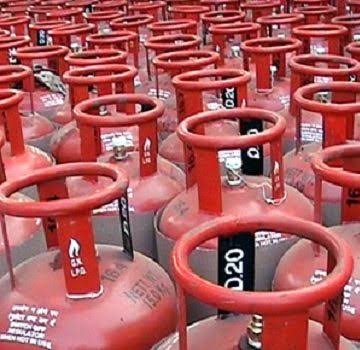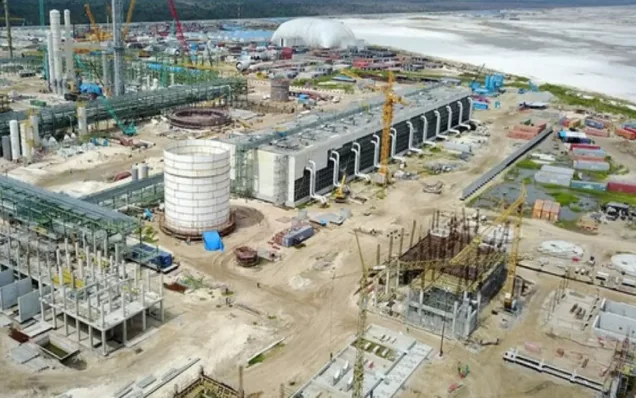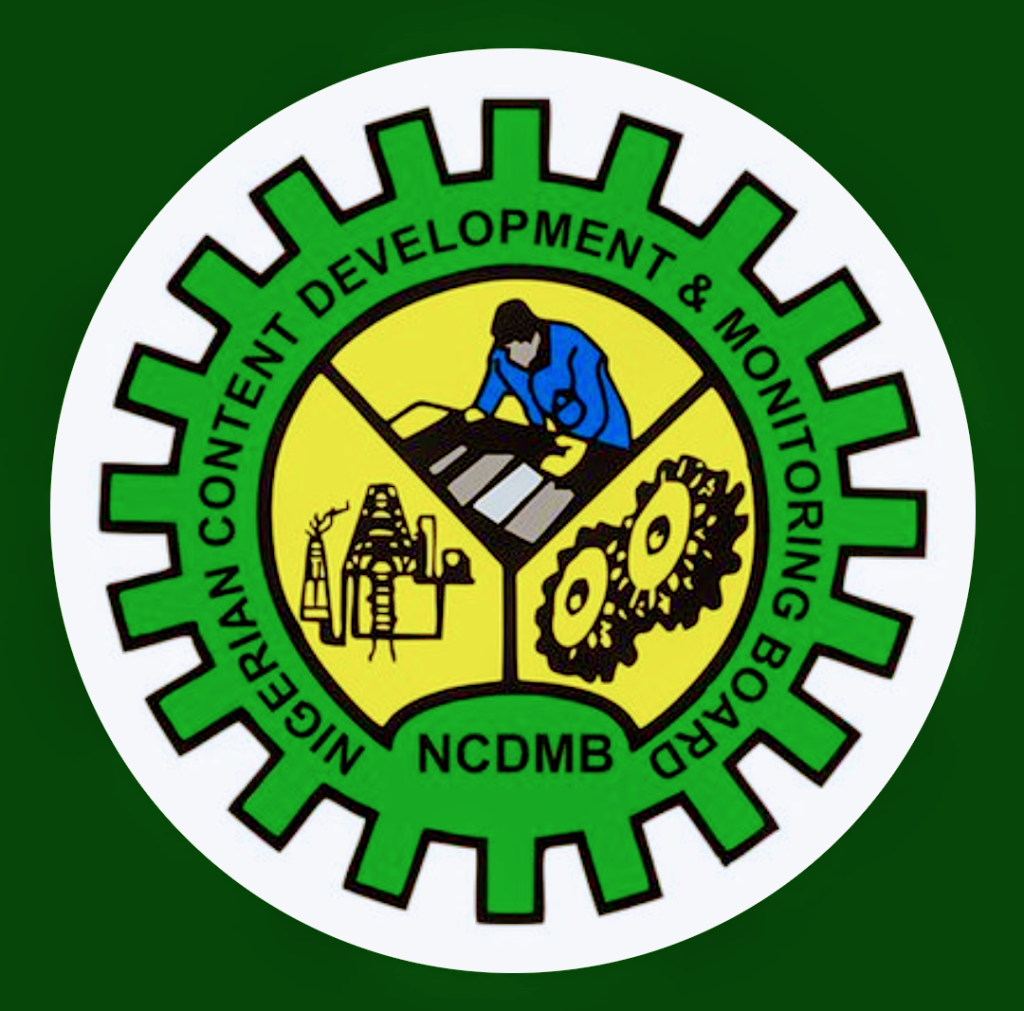The Nigerian Association of Liquefied Petroleum Gas Marketers (NALPGAM) has urged the Federal Government to develop policies to deepen the usage of cooking gas in Nigeria to promote sustainable environment.
Mr Nosakhare Ogieva-Okunbor, President of NALPGAM, made the appeal at a day seminar organised by the Ibadan branch of the association in Ibadan.
The seminar, themed: “Promoting a Sustainable Environment for Best Practices in LPG Marketing” was to sensitise members on ensuring sustainability in business environment.
Ogieva-Okunbor said government could come up with programmes that would boost the switch from kerosene usage to LPG, and thereby create jobs for Nigerians.
He expressed worry over the slow pace of cooking gas usage which had resulted to low rank of the product on the Liquefied Petroleum Gas (LPG) consumption index.
He said the government’s commitment to its policies on gas usage would enable millions of homes switch to cooking gas.
Ogieva-Okunbor added that the association had also taken it upon itself in promoting the product.
Ogieva-Okunbor stressed the need for Nigerians to embrace consumption of gas while saying, ‘gas is a more efficient and best alternative to traditional fuel’.
According to him, Nigeria will save over $10 billion annually if 50 per cent of its population switch to cooking gas by 2019.
“It is regrettable that Nigerians still use kerosene in large quantities, while the cleaner fuels like cooking gas can save over 55 per cent of Nigeria’s primary forest.
“The association appeal to the government to promote the use of cooking gas in rural communities.
“By this, it will create over one million jobs in the LPG value chain in the next three years if the kerosene to LPG switch programme is implemented nationwide,” he said.
Ogieva-Okunbor explained that due to the growing potential of LPG in Nigeria, there was need for government to show more commitment by addressing factors that hinder the growth of the industry in Nigeria.
“Embracing cooking gas will ensure the reduction in deforestation, carbon emission into the atmosphere and increased tax revenue for government at various levels.
“We expect an annual target of cooking gas consumption volume of at least five million, up from the current annual consumption rate of about 400,000 metric tonnes.
“This can be achieved if we replicate the success story of Indonesia, which was able to get 53 million homes to use gas in three years.
“Today, in the energy mix of cooking in Nigeria, firewood takes the pride of place with 60 per cent, kerosene 30 per cent, coal five per cent, and cooking gas a dismal five per cent,” he added.
The president, also reiterated the need for the government to remove the Value Added Tax (VAT) on Liquefied Petroleum Gas, popularly known as cooking gas.
Ogieva-Okunbor said government had yet to remove the VAT from locally sourced LPG in spite of its promises.
This, he, added had been affecting the pricing and demand for LPG in the country.
He said that the continued imposition of VAT on locally produced LPG had affected operations in Nigeria.
He said: “The VAT has made locally produced LPG more expensive than imported products.
Consequently, this has affected the demand for locally produced LPG.
“It is important that the government that is seeking to boost investment, local production and increased utilisation of LPG should tackle critical issues, especially VAT that stare us in the face.
“The removal of VAT will stabilise the market and stimulate investment, especially as new investors will be encouraged to invest in the sector, he said.
said it was imperative to develop effective policies to encourage investors to come into the LPG sector to deepen market penetration, boost the country’s economy and protect the environment.
He said the removal of VAT on the gas supplied to marketers by the Nigerian Liquefied Natural Gas (NLNG) would attract more investors and reduce importation of gas into the country, which is VAT free.
He also called for the reduction of import duty on LPG equipment in a bid to encourage more investors to come in and deepen LPG consumption in the country.
He said it was a shame that Nigeria remained one of the lowest consumers of LPG despite the enormous natural gas reserves in the country.
“Our position is that the government has to provide the enabling environment for more people to come in. We have to remove VAT on the LPG and reduce import duties on the equipment.
“When this is done, more investors will come into the market and that will help the country a great deal,” he said.
The Operations Controller, Department of Petroleum Resources (DPR) Ibadan zone, Mr Yemi Olaonipekun, expressed worry over locally constructed cooking gas skids, which is he said expose gas plants to hazard.
Olaonipekun urged gas marketers to ensure adequate safety measures in their operations, adding that should be their watch-word.
According to him, mobile retail of cooking gas is illegal business and it should be condemned.
He said, “We will not hesitate to arrest people found in such illegal act, because it’s dangerous distributing gas from vehicles to retailers.
“Gas marketers should adhere and uphold best safety standard to promotes investments and enhance sustainable environment.”
Alhaji Ademola Lasisi, the Chairman, NALPGAM Ibadan branch said that the essence of the seminar was to share knowledge among members and reduce risk associated with business.
Lasisi urge DPR to collaborate with NALPGAM to weed out illegal gas plant operators, adding that about 70 per cent gas off-takers don’t have plant which was wrong for the business.
He urged DPR to curb illegal briefcase marketers who were into the business to make money and neglected the procedure of the gas business.
NALPGAM also distributed 100 free cooking gas of 6kg was given to residents by the association to promote and encourage use of gas in homes to boost the country’s economy and protect the environment.














